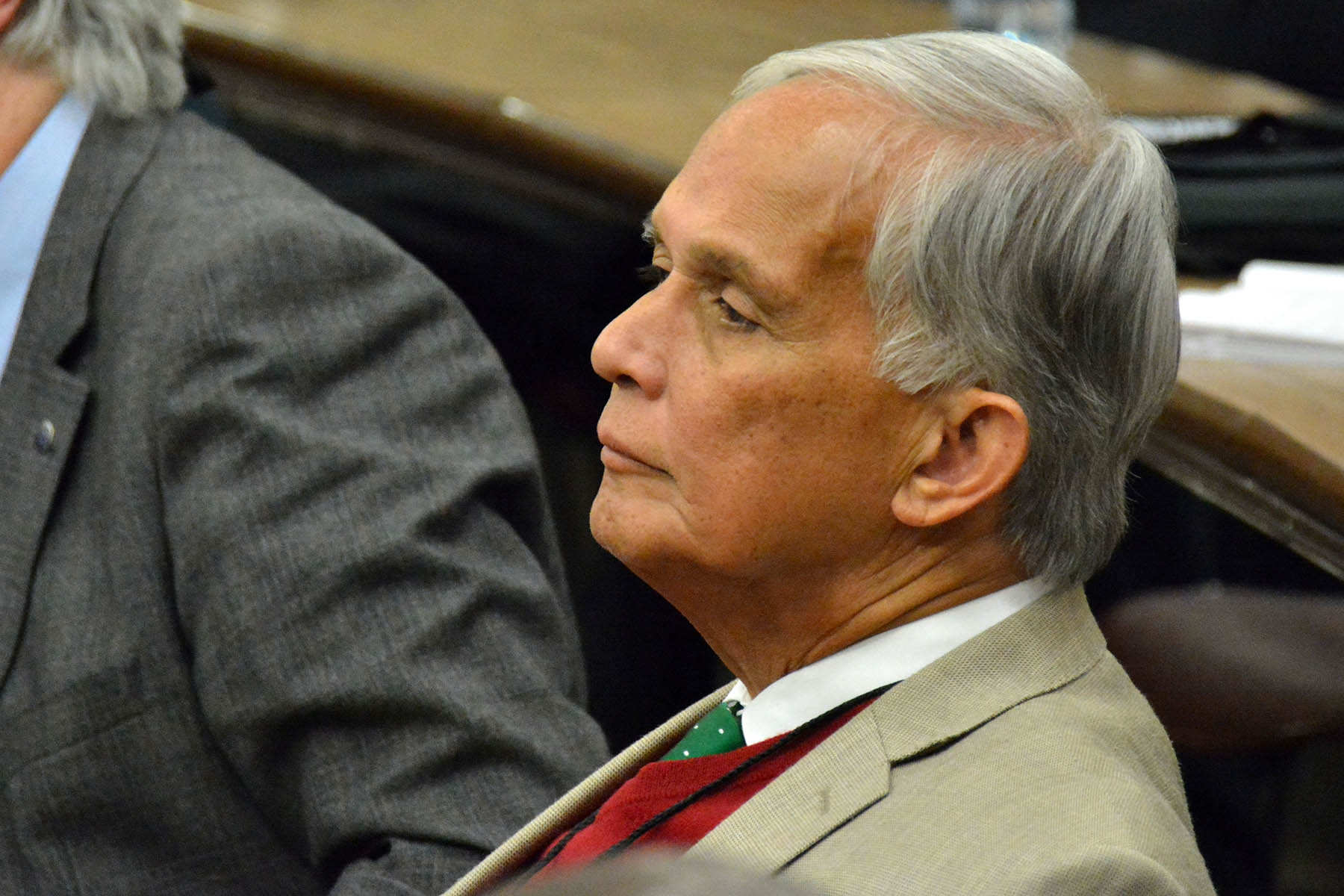Symposium 2017: Philippines, Guam, and Samoa

by Jordan Pendergrass, Editorial Associate
Guam, Samoa, and the Philippines were the focus of a breakout session during the 24th Annual International Law and Religion Symposium, held at the Brigham Young University School of Law in Provo, Utah. The session was held in the afternoon on Monday, 2 October 2017, and was translated into multiple Asian languages. It was moderated by Douglas Matsumori, International Fellow for the International Center for Law and Religion Studies. Despite relative geographic similarities, these islands were described in very different terms as to religious freedom and church-state relations.
The session’s first speaker was Pablito A. Baybado, Jr., Associate Professor, Institute of Religion; Researcher, Center for Religious Studies and Ethics, University of Santo Tomas, Manila, Philippines. Mr. Baybado’s remarks were dedicated to the developments of a Filipino bill promoting equality on the basis of sexual orientation and gender identity (SOGI). At the heart of Mr. Baybado’s message was the conflict he perceived between the SOGI bill’s aims–equality for members of the LGBTQ+ community–and the subordination or elimination of the rights of religious people and groups.
Mr. Baybado described how the SOGI bill has been a work in progress for nearly two decades and, if enacted into law, would be far reaching, providing protections in the areas of LGBTQ+ dress, behavior, and inclinations. Under the SOGI bill, self-identification and autonomy are paramount considerations. Non-compliance with the new equality, he explained, would be criminal and perpetrators would be exposed to great penalties. He fears the repercussions for religious opposition to SOGI (even in religious spaces such as houses of worship, church schools, etc.) and considers the bill to be the highest form of inequality because it elevates protections for one class at the expense of religion. He called for greater interfaith cooperation to amend the bill to ensure that people of faith would not be adversely impacted by the SOGI bill’s passage.
Afamasaga Faamatala Toleafoa, an ambassador for the Government of Samoa, followed. Unlike the Philippines in the SOGI example, Mr. Toleafoa explained that Samoa is moving toward increased religious influence on the government and public policy. Interconnective technology and some immigration from Asia has caused a slight departure from some of the island’s traditions, but the people overall remain homogenous and a single political party has permitted religion to play a visible role in public life. Civic leaders use religion to legitimize policy and maintain the nation’s Christian identity–one such example was the change to Sabbath day observance. He described a recent change to the Samoan constitution that officially established the nation as Christian and set back the nation in terms of secularity. Mr. Toleafoa indicated that, under current conditions, religious freedom is at an increased risk. He takes comfort in the fact, however, that Samoa does not want to estrange itself from the international community–primarily due to economic reasons–and therefore will not stray too far from a proper church-state balance.
The session’s concluding speaker was The Honorable Robert Underwood of Guam. Mr. Underwood is a former Member of the United States Congress and is currently the President of the University of Guam. Guam has a strong Christian tradition and is predominantly Catholic. It is bound by the laws of the United States and therefore boasts a rich church-state framework in which religious freedom is a foundational principle, yet religion and public life in Guam are different than what one has become accustomed to on the mainland. Prayers at public events are not uncommon and demonstrations of religiosity at the university are generally accepted. Religion in the public square is a normal part of life and pastors are often sought after to help resolve social ills. Mr. Underwood does recognize, however, that challenges to some of these practices may arise in the future. He is dismayed by the purging of religion from the public square as it is antithetical to the very foundation of the American government.
Mr. Underwood highlighted several examples of the role of religion and politics in Guam and the surrounding jurisdictions: church opposition to gambling, candidates campaigning on pro-life platforms, voting against same-sex marriage, social collaboration to end the scourge of drug abuse, and more. Religious actors are often thought of as partners with government in promoting the good of the community. However, religion risks becoming irrelevant when religious values are not upheld by religious institutions themselves–two such examples of this failing are the recent accusations of abuse by the archbishop and a study that indicates that youth are as likely to engage in premarital sexual activity at a church function as they would at the university. In sum, Mr. Underwood described that the legal system should not be and was never meant to force adherence to a particular moral code, as that would be both unbiblical and unconstitutional. Forcing religion is harmful to religious freedom; religion does better when it is allowed to elevate and inspire based on personal choice.